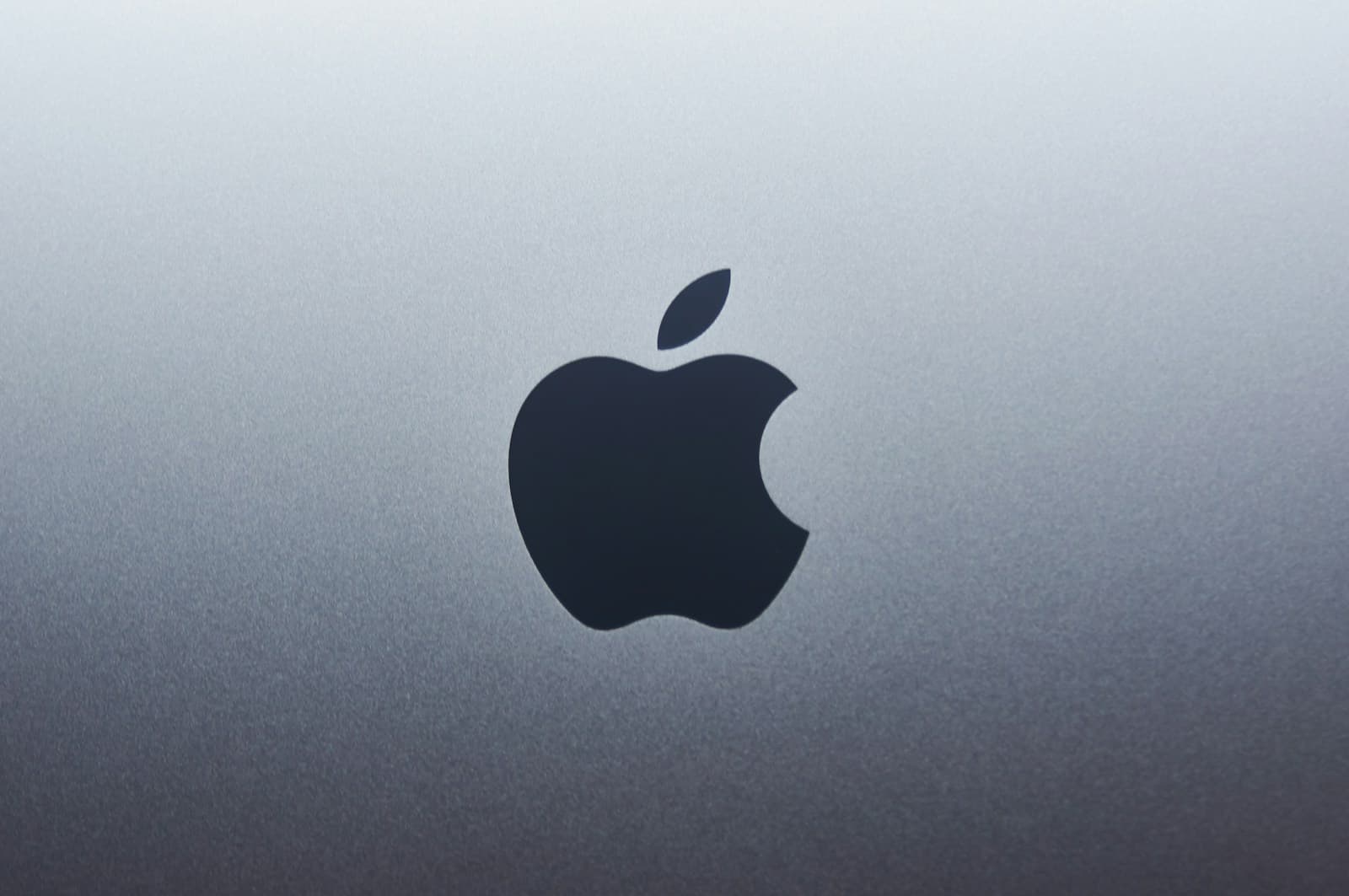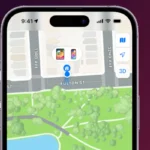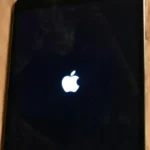Indonesia has banned the sale of iPhone 16 models due to Apple’s failure to meet local investment requirements. The country’s Ministry of Industry announced the decision, citing Apple’s unfulfilled commitments to invest in Indonesia’s economy. The ban affects not only the iPhone 16 but also other new Apple products like the Apple Watch Series 10.
This move by Indonesia aims to push tech giants to contribute more to the local economy. Apple now faces a challenge in one of Southeast Asia’s biggest markets. The ban does not stop people from using iPhones they already own. It only blocks new sales of the latest models.
Apple has not yet commented on the ban or shared plans to address Indonesia’s concerns. The tech company may need to rethink its strategy in the region to regain access to this important market. This situation highlights the growing pressure on big tech firms to meet local rules in different countries.
Why There’s A Ban
The ban is due to Apple not fully meeting investment commitments they made to the Indonesian government.
Essentially, Indonesia has regulations that require companies to invest in local resources and development in order to sell certain products within the country. Apple had pledged to invest 1.71 trillion rupiah (around $109 million USD) but has fallen short of that goal by about $15 million.
As a result, the Indonesian Ministry of Industry has blocked the issuance of IMEI certifications for the iPhone 16 and Apple Watch Series 10. Without these certifications, these devices cannot be legally sold or used within Indonesia.
This ban has significant implications:
- For Apple: It limits their market reach in a growing economy with a large population of potential customers.
- For Indonesian Consumers: It restricts access to the latest Apple products, potentially forcing them to look at alternative brands or resort to gray market imports.
It’s important to note that this ban doesn’t affect older Apple products, which can still be sold in Indonesia. It specifically targets the iPhone 16 lineup and the Apple Watch Series 10.
It remains to be seen how this situation will unfold. It’s possible that Apple will make further investments to meet the requirements and have the ban lifted. Or, they may choose to contest the decision. For now, the iPhone 16 and Apple Watch Series 10 are effectively blocked from the Indonesian market.
Key Takeaways
- Indonesia banned iPhone 16 sales due to Apple’s unmet investment promises
- The ban applies to new Apple products but not devices already owned
- Apple faces pressure to change its approach in Southeast Asian markets
Analysis of the Ban on iPhone 16 in Indonesia
The iPhone 16 ban in Indonesia stems from Apple’s failure to meet local investment requirements. This move impacts the tech giant’s operations and Indonesia’s economy, while raising questions about global business practices and manufacturing.
Economic Impact on Indonesia
The ban on iPhone 16 sales may hurt Indonesia’s tech market. Apple has many fans in this country of 270 million people. Not selling new iPhones could mean less money for stores and fewer choices for buyers. But it might help local phone makers sell more.
Indonesia wants to grow its tech industry. The ban could push Apple to invest more in the country. This might create jobs and boost the economy. But if Apple doesn’t agree, Indonesia could lose out on future tech investments.
The ban also sends a message to other big tech firms. It shows Indonesia is serious about its rules for foreign companies.
Apple’s Presence and Operations in Indonesia
Apple has been in Indonesia for years. They sell phones, tablets, and watches there. The company also runs developer academies to train local tech talent.
But Apple hasn’t met Indonesia’s investment rules. The government wants Apple to put money into local manufacturing. This could mean making iPhone parts in Indonesia or setting up repair centers.
Apple’s exact plans for Indonesia aren’t clear. They might be talking with the government to solve this problem. If they don’t fix it, they could lose a big market in Southeast Asia.
Comparison with International Commitments and Practices
Many countries ask tech companies to invest locally. India and Vietnam have similar rules. These countries want to build their tech sectors and create jobs.
Apple follows different rules in different places. In India, they make some iPhones locally. In Europe, they’ve changed their chargers to follow EU rules.
Indonesia’s ban is stricter than some countries. But it’s not uncommon for nations to push for local investment. The key is finding a balance that works for both the country and the company.
The Stance of Indonesian Government and Apple Inc.
The Indonesian government is firm on its investment rules. They say Apple promised to invest but didn’t follow through. The Industry Minister, Agus Gumiwang Kartasasmita, stated this clearly.
Apple hasn’t said much publicly about the ban. They might be working behind the scenes to fix things. Tim Cook, Apple’s CEO, has visited Indonesia before to talk about business there.
The government wants Apple to invest 1.71 trillion rupiah in Indonesia. This is part of their plan to grow the country’s tech industry. They’re using the iPhone ban to show they’re serious about these rules.
Manufacturing and Infrastructure Considerations
Making phones needs special factories and skilled workers. Indonesia wants to build this capacity. But it takes time and money.
Apple’s supply chain is mostly in China and other Asian countries. Moving some of it to Indonesia would be a big change. It would need new factories, training, and logistics.
Indonesia’s tech infrastructure is growing but still developing. Roads, ports, and power supplies all matter for making phones. The government might need to improve these to attract more tech manufacturing.
If Apple agrees to make products in Indonesia, it could help the country’s tech skills grow. But it’s a big decision that affects costs and quality for Apple.
Frequently Asked Questions
The iPhone 16 ban in Indonesia has sparked many questions. People want to know why it happened and what it means for them.
What are the reasons behind the prohibition of iPhone 16 sales in Indonesia?
Apple failed to meet its investment promises in Indonesia. The company fell short by about $15 million. This led the government to ban the iPhone 16 and other new Apple products.
How does the iPhone 16 ban affect the Indonesian smartphone market?
The ban removes a major player from Indonesia’s phone market. This could lead to more sales for other brands. It may also limit choices for consumers who prefer iPhones.
What alternatives are available to consumers in Indonesia with the iPhone 16 ban in place?
Indonesians can still buy phones from other brands like Samsung, Xiaomi, or Oppo. These companies offer many options at different price points. Older iPhone models are also still on sale in the country.
Has Apple provided an official statement regarding the iPhone 16 ban in Indonesia?
Apple has not made a public statement about the ban yet. The company has not said if it plans to meet Indonesia’s investment terms or appeal the decision.
Are there any legal actions or discussions taking place to resolve the iPhone 16 ban in Indonesia?
No legal actions have been reported so far. It’s not clear if Apple and the Indonesian government are talking to fix the issue. The ban might end if Apple meets its investment promises.
How does the iPhone 16 ban in Indonesia compare to restrictions in other countries?
The Indonesia ban is unique. Most countries don’t ban iPhones over investment issues. Some nations have put limits on Apple for other reasons, like app store rules or privacy concerns.







